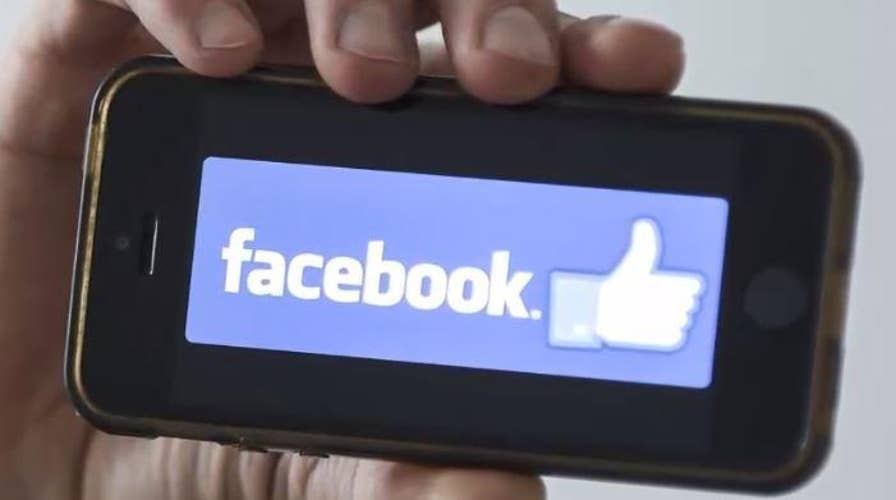Facebook removes hundreds of Russian accounts and pages that were spreading disinformation
Facebook removes hundreds of Russian accounts and pages that were spreading disinformation amid growing mistrust in the social media giant.
Facebook Inc. removed hundreds of accounts, groups and pages linked to an online syndicate that has been accused of spreading fake news and hate speech in Indonesia, less than three months before a presidential election in the world’s third-largest democracy.
Facebook’s head of cybersecurity policy, Nathaniel Gleicher, said in a statement dated Thursday that the company had removed more than 1,500 Facebook accounts, groups and pages, as well as 208 Instagram accounts, that were linked to the Saracen Group, an online syndicate in Indonesia.
Attempts to contact representatives of Saracen were unsuccessful
OUTRAGE OVER FACEBOOK'S USE OF TEENS TO SPY ON RIVALS AS SANDBERG SAYS THEY 'CONSENTED'
Several Saracen members were arrested in 2016 on accusations the group published and spread fake news and hate speech for clients. In 2018, one was sentenced to 32 months in prison for “intentionally spreading information to incite hate,” including against President Joko Widodo, while another was convicted for hacking into social media accounts.
Indonesia, preparing for nationwide elections April 9, has struggled in recent years to counter fake news and hate speech spread via social media. These have included stories that millions of illegal Chinese workers have thronged to the country to scoop up jobs, and others targeting political figures in ethnicity and religion-based attacks.
News and rumors spread quickly through messaging services like WhatsApp and social-media sites like Facebook and Twitter in Indonesia. Officials have been nervous that fake news could inflame tensions ahead of the elections. The government says that more than half of Indonesia’s population, which exceeds 260 million, uses the internet and that 129 million people maintain social-media accounts. Saracen at one point had some 800,000 Facebook followers.
FACEBOOK KILLS HUNDREDS OF 'INAUTHENTIC' ACCOUNTS LINKED TO IRAN
“The Saracen Group’s coordinated abuse of the platform using inauthentic accounts is a violation of our policies and we have therefore banned the entire organization from the platform,” Mr. Gleicher said. The pages and accounts had been shut not because of their content, he said, but because “the people behind this activity coordinated with one another and used fake accounts to misrepresent themselves.”
Click here for more from The Wall Street Journal, where this story was first published.

